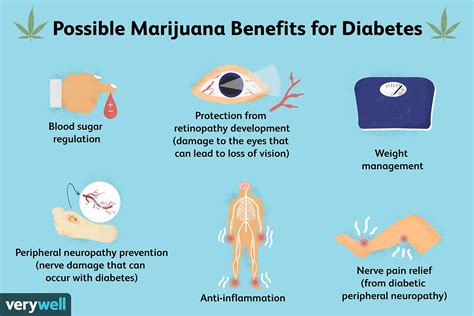
The relationship between marijuana and heart health is complex and multifaceted, raising questions about its risks and benefits. As marijuana use becomes more widespread due to legalization in various states, understanding its impact on heart health is crucial.
Marijuana, derived from the Cannabis sativa plant, has been used for thousands of years, with its cultivation and use dating back about 6,000 years. When smoked, marijuana releases many of the same toxins, irritants, and carcinogens found in cigarette smoke, a known contributor to heart disease and cancer. This raises concerns about the potential heart-related risks of marijuana smoke.
The human body has a receptor system that recognizes cannabinoids, which are naturally occurring and regulate mood, pain perception, immune function, and metabolism. However, frequent marijuana use can cause inappropriate activation of the CB1 receptor, leading to inflammation and atherosclerosis, and is associated with conditions like obesity, cancer, and diabetes. This suggests that marijuana use could have detrimental effects on heart health.
Mental health risks are also a consideration. Studies indicate that cannabis use, especially in adolescence, can trigger psychotic symptoms and potentially lead to long-lasting problems with psychosis and schizophrenia, especially in individuals with a family history of these conditions.
Despite these concerns, some studies suggest potential health benefits of marijuana. For example, a study published in Cannabis and Cannabinoid Research found that heavy cannabis use in women was associated with a lower incidence of diabetes. This indicates that the effects of cannabis on health are not straightforward and may vary between individuals.
Given the mixed evidence, it’s important for users to consider safer methods of consumption. Avoiding smoking cannabis, which can inflame the lungs, and opting for alternatives like under-the-tongue tinctures, edibles, topicals, or dry herb vaporizers may reduce some risks. However, users should still be cautious, as marijuana can cause the heart to beat faster and raise blood pressure, which can be dangerous for those with heart disease.
In summary, while marijuana has a long history of use and may offer certain health benefits, its impact on heart health remains a topic of ongoing research and debate. Users, especially those with heart conditions or a family history of mental health issues, should approach marijuana use with caution and stay informed about the latest research findings.